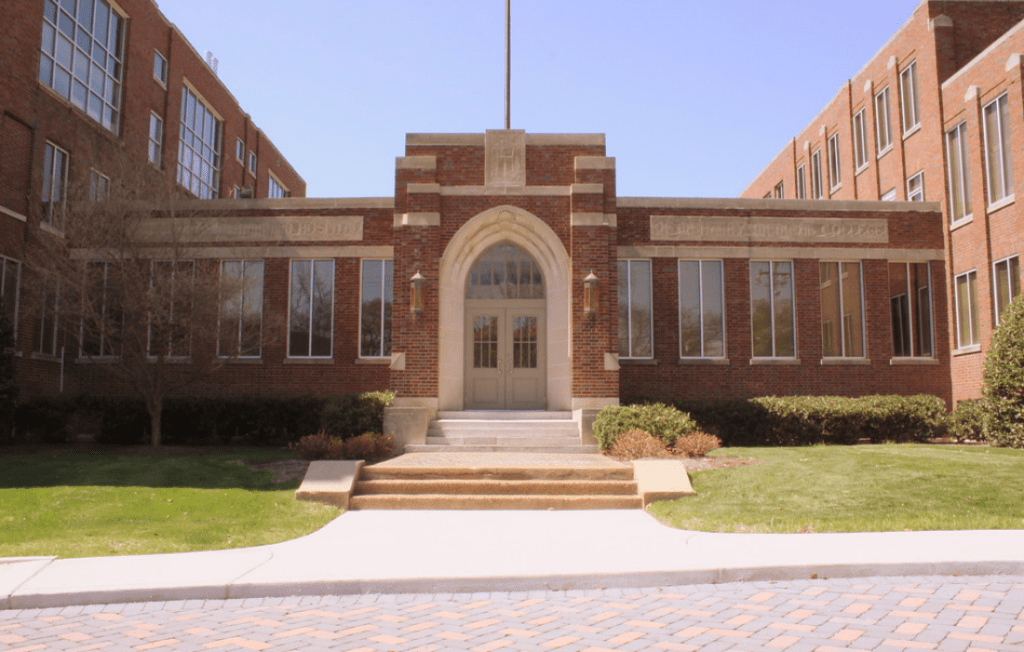It began in December with an introduction from our board member Sharon Turner-Friley, MSW, Assistant Dean for Special Programs, Student Academic Affairs at Meharry Medical College. Next came the invitation for Felice to represent Gilda’s Club on a panel of experts teaching second-year medical students about end-of-life-issues and best practices for communicating with patients and their families; she joined colleagues from Alive Hospice and Meharry in the February event. Not surprisingly, the students asked insightful and revealing questions, like “How do you comfort families while delivering bad news?” “When is the appropriate time to deal with our own feelings regarding the loss of a patient during a busy shift?” and “What is the best way to deliver news that we have no more medical options to offer?”. And, of course, several students asked, “Where is Gilda’s Club and what do you do, because I am a cancer survivor /my parent has cancer/I lost a family member to cancer?”
On the car ride back to the clubhouse, Felice and I shared how we both wished we had more time to educate the students about Gilda’s Club’s unique, evidence-based approach to identifying psychosocial distress; the value of education and support to cancer patients; and the amplification of outcomes for a patient when community partners work together to “serve the whole patient” and their loved ones.
Soon after this visit, another invitation came from Dr. Carolyn Szetela, Associate Professor of Medical Education at Meharry Medical College. This time, the ask was for Felice to address 100 fourth-year medical students about the varying emotional needs of patients with a cancer diagnosis and how Gilda’s Club’s cancer support program addresses these needs. Gilda’s Club member and supporter Dr. Ron Addlestone joined Felice to share his perspective, not only as a physician, but also as a husband whose first wife died of cancer and a father whose daughter died of cancer. Riveted by Ron’s personal story, more excellent questions followed, including, “Is there a Gilda’s Club in every community?” “How do our patients find out about Gilda’s?” and “Can doctors come to Gilda’s for support?”. Felice’s message to the students was based on her 22 years of experience: “Individuals with a cancer diagnosis want information and rely on your input. Tell them what you know, offer choices, be honest, be direct, and communicate frequently. Try to connect with them as a person and help them know what to expect – the fewer surprises the better.”
The Vanderbilt University School of Medicine also includes Gilda’s Club in their curriculum. Felice met virtually with a group of first-year students just last month; traditionally, these students come to tour the Midtown clubhouse and learn about our program.
At the end of May, Felice and Ron will return to Meharry – back by popular demand – to teach another 100 second- and third-year medical students.
We are so grateful to our community healthcare partners for the opportunity to help educate the next generation of doctors regarding the needs of individuals with cancer and their families. We always welcome invitations to share about Gilda’s Club.
Please reach out if your group would like to host us.
By: Harriet Schiftan, MSW, MAJCS, President & CEO
